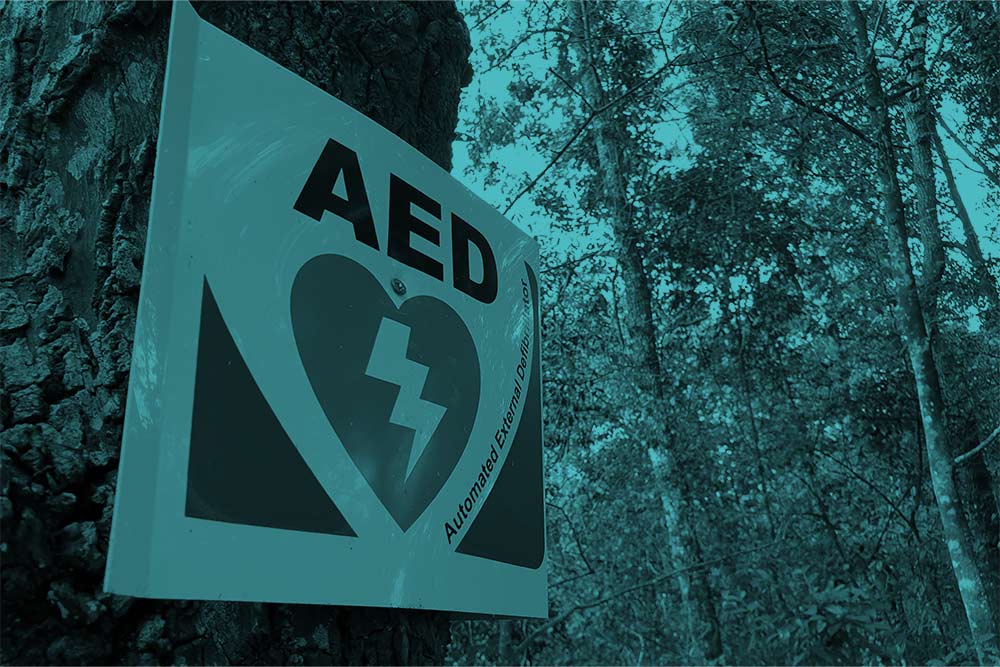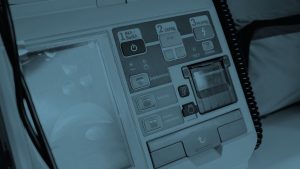
Mathematical optimization of automated external defibrillator (AED) placement has demonstrated potential to improve survival of out-of-hospital cardiac arrest (OHCA). Existing models do not account for detailed impact of delayed defibrillation on survival. We aimed to predict OHCA survival based on time to defibrillation and developed an AED placement model to directly maximize the gain. The survival gain of maximum expected survival rate (MESR) was assessed through 10-fold cross-validation for placement of 20 to 1000 new AEDs in Singapore.
Results: During the study period, 15,345 OHCAs occurred. It predicted a survival of 54.9% with defibrillation within the first two minutes after collapse that was reduced by more than 60% without defibrillation within the first 4 minutes.
Conclusion: We developed a novel AED placement model based on the impact of time to defibrillation on OHCA outcomes. Mathematical optimization can improve OHCA survival.






